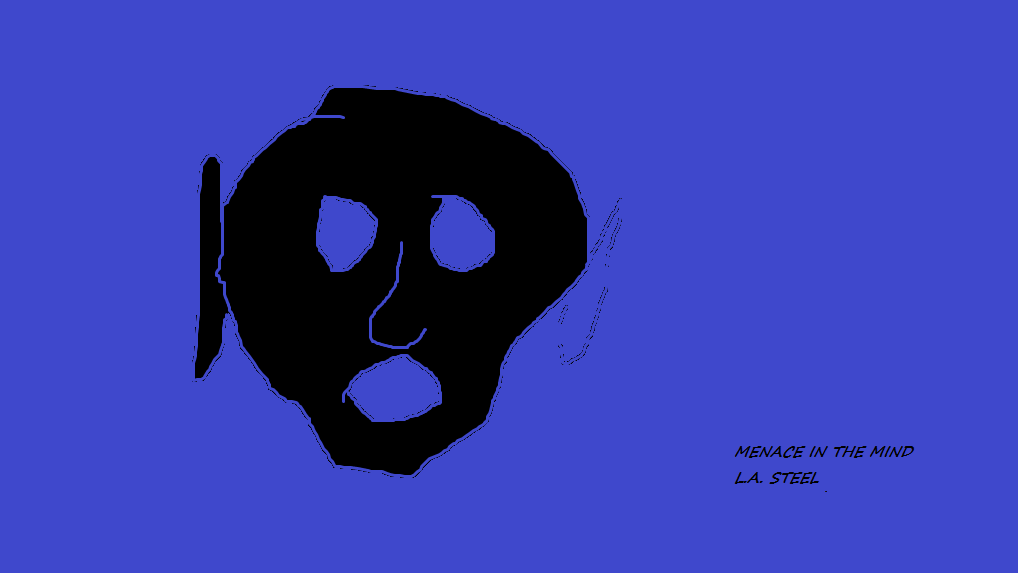I took part in a workshop at the weekend, part of my Wizard School training (don’t ask). The theme was ‘The Menace of the Mind’. We learnt a huge amount, but as a quick summary, this really stood out to me:
Control – the mind wants to control you and your thoughts and more often than not, it does. There is a way out of this, but we’ll save that for another post as the answer is long and quite complex (it involves becoming the observer).
Understand – the mind has a need to understand
Expectation – you often have an expectation of how something is, or how something will be. This can be extremely disruptive.
The need to be right – we desperately need to be right, yet in reality ‘there is no right’. Ask any policeman what happens after speaking to 5 different witnesses of the same accident and he’ll tell you that all 5 accounts seem to suggest 5 different accidents – everyone’s account and subsequent story of what they’ve witnessed, is different.
Then today I read this great account on Medium by Daniel, a team member at Google Ventures who “had a bunch of anxieties and needed to know if they were well-founded or if he was worrying about things that were largely in his own head.” If you don’t have time to read it, in a quick summary it goes like this: Daniel worked as part of a peer group team so they had no ‘leader’ or boss as such. Which meant that they pretty much relied on themselves for feedback on how well they were doing. Except this was causing Daniel issues and the more he began to think about his own value in the team and the value of his input, the more anxious he became. So much so that he would wake up at night with his mind ‘whirring’. His mind began telling him stories such as ‘you’re not a good team player and you spend too much time working on your own stuff, not with others’. We’ve all been there, I’m sure you get the picture.
It was a great story which led me right back to the weekend workshop.
What this is really about is the stories we tell ourselves. We’re all complete masters at it. You were creating a story for yourself (not feeling like you’re team player) and this is what most of us spend our lifetimes doing — creating stories in our minds, most of which turn out to be totally unfounded.
My friend told me this story at the weekend which ties in really nicely to Daniels.
She was in a car park and the woman in the space next to her had taken up more room than necessary, blocking my friend from parking her own car (with 3 kids in the back). So she asked the lady very politely if she could move over to allow her to park. The lady looked at her, shrugged, made a face and just got out of the car and went shopping — leaving my friend unable to park.
So, what did my friend do? Well, of course, as we all do, she started making up a story in her mind as to what had just happened. The first reactionary story was of course
the woman was really selfish and couldn’t give a damn about anyone else”.
But what I loved, was that with her children present, she began to get them involved in the potential ‘stories’ they could each make out of this experience. So story (b) became
she didn’t hear them asking her to move over and didn’t understand the request”.
And the next story (c) became
she was having a really bad day herself and was too stressed and time-poor to move her car over”.
You get the picture. By the time they’d finished with the nicer possibilities, they felt much, much better about what had just happened.
So you see, the stories we tell ourselves have a massive influence on our world, on our anxiety levels and consequently, on our happiness. If internally, you’d told yourself the story of what a great team player you were (which you were only able to do only after you’d had it confirmed by an external source) then you’d never have created the anxiety for yourself in the first place. You fed the story, waking up at night, worrying yourself about it even more and ‘feeding’ these negative thoughts.
So in the future, if we were to ask ourselves each time, ‘is this a story?’ (you’d find the answer is usually yes) imagine what breakthroughs we’d have? The mind is constantly undermining us, so if we can break free of the stories, we break through so many of the limitations we put upon ourselves.
However there is more to this which still troubles me. Daniel’s story goes on to advocate the benefits of the ‘anxiety parties’ which the team went on to set up as a way of bringing each other’s anxieties out in the open. It was a way that they could that admit anxieties such as Daniels, were a problem, and then in this space could then work out a way forward. They’d created a forum by which they could totally dispel each other’s unfounded anxieties. These parties have really worked for the team and I understand why. Yet on our workshop we were told that the biggest lie of all is the one which says that something outside of ourselves can make us truly happy. That true happiness only lies within ourselves. Yet Daniel found happiness by having his anxieties dispelled by the group – it took an external source to give him validation.
The answer to this lies in that this outside validation by the group of Daniel’s unfounded anxiety, helped him to open up something inside. We’ll leave Daniel to work out what that was, but it facilitated change within himself. Will he make the same mistake again and in a few days, weeks, months, begin telling himself a new story? Probably, but that’s the menace of the mind. When you get to the point where you are able to observe all this going on, that’s when you’ve really mastered it.
by Justine Clement

